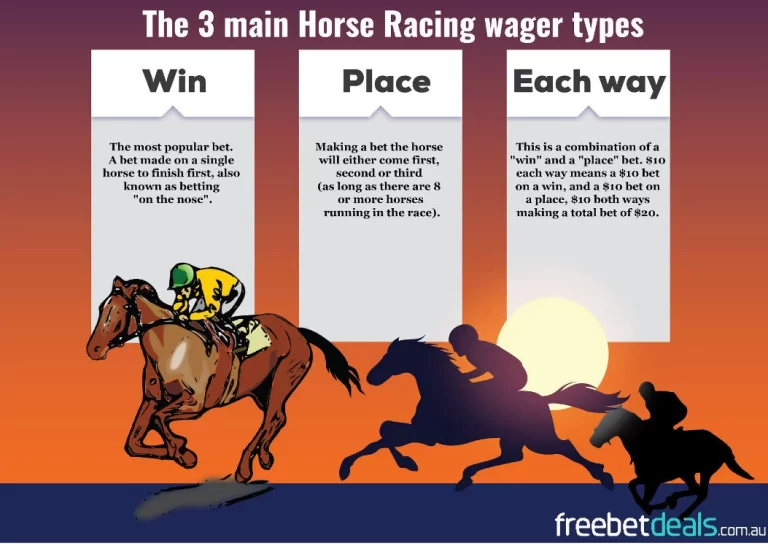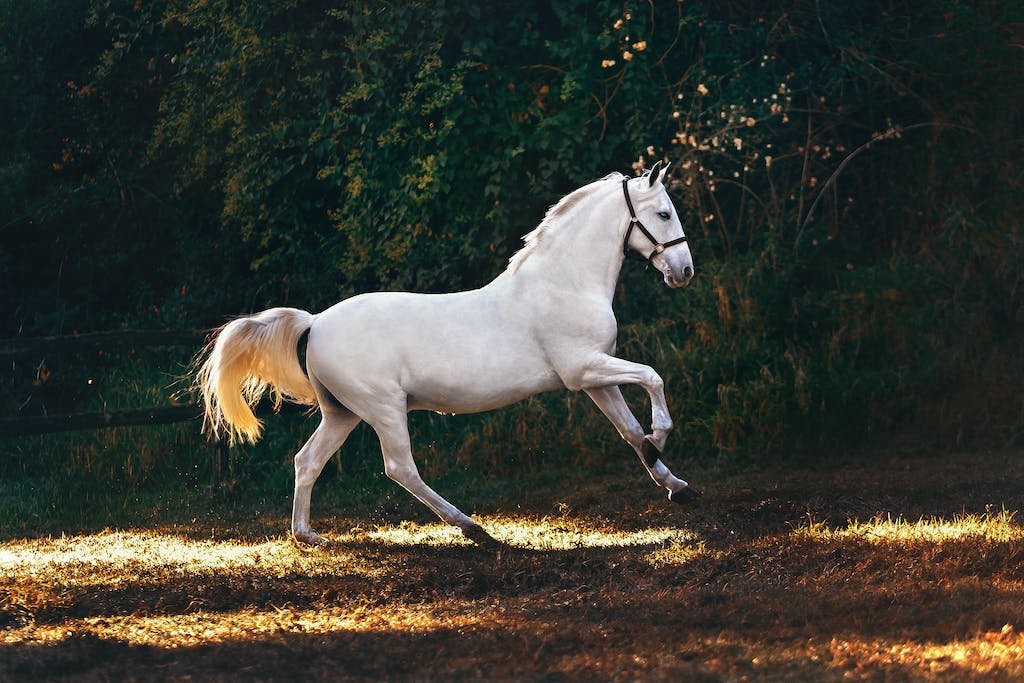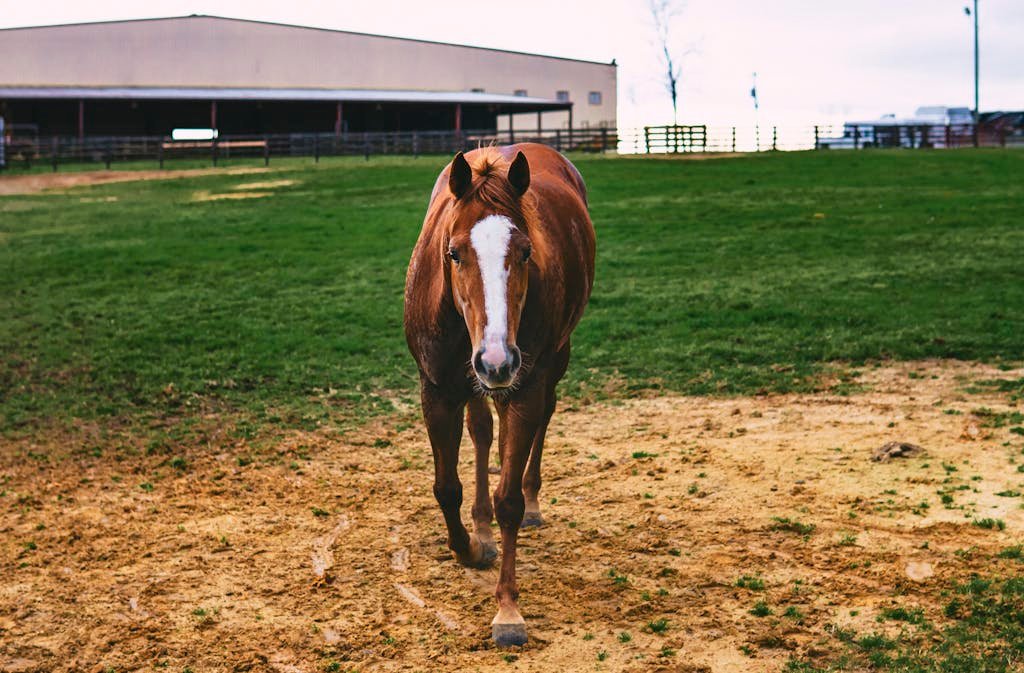Why Are Horse Racing Bad? 12 Facts

Why Are Horse Racing Bad? 12 Facts
Many people enjoy horse racing, but is it worth all the negative aspects that come along with it? In this blog post, we’ll take a closer look at some of the reasons why horse racing is terrible. Whether it’s the animal cruelty or the dangers involved, there are many good reasons to avoid this “sport.” So read on to find out more and see if you agree!
The Number of Horse Deaths Is Staggering
Unfortunately, the number of horse deaths involved in this “sport” is so high that it’s hard to estimate how many horses die every year. Some racing tracks release numbers, but since they don’t require trainers to report on each loss, many more likely go unreported. For example, in 2013, at one bloodstock company alone (an agency that buys and sells horses), they reported an average of more than seven horse deaths each month. So it’s easy to see why the exact number is unknown.
A Ton of Money Is Bet on Races
In one day, millions of dollars can be bet on horse races. So clearly, this is a high-stakes industry that requires a lot from the horses and jockeys (people who ride them). Because of this, the horses and jockeys are put at risk more often than not. While some may say that the money involved is great for the economy, many people against horse racing would say that it’s wrong to risk human or animal life (horses) for monetary gain.
Jockeys Can Be Seriously Injured or Killed
If you’ve ever watched a horse race before, then you know that the jockeys ride on top of the horse using only a saddle and their legs to grip onto their body. And since they’re sitting so high up, it’s straightforward to fall off and get seriously injured or killed (not to mention the horse). Jockeys can often experience spinal cord injuries, fractures, concussions, and paralysis when they lose balance and come crashing down.
Horses Can Be Mistreated
Because horses are costly, they’re often mistreated by their owners to make more money. For example, since racehorses can be sold for big bucks even if they’re not winners on the track, trainers will try different techniques to push them beyond their limits (forcing them to develop injuries). Another example is that if a horse doesn’t perform well, the trainer might “dope” them with drugs to improve performance.
Horses Are Exposed to Disease and Germs
Many diseases are spread through horse racing because so many horses come in contact with each other, whether during practice sessions or actual races. And since some horses are drugged to make them run faster (which makes them more vulnerable to disease), they become even less healthy. Not only that, but trainers also aren’t required by law to provide horses with proper medical care, so many suffer severe injuries without the appropriate treatment.
Horses Are Exposed to Pollution and Other Toxic Substances
Horse racing is also known to expose horses to pollution and other toxic substances. This includes some medications that can be harmful to them and some of the byproducts left behind by human activity (such as gasoline). Moreover, since many tracks are located near highways, there’s usually a lot of traffic that runners are exposed to
These Races Can Be Extremely Dangerous for Horses
Horse racing is hazardous for the horses, often sustaining injuries during or after fatal races. Typical examples are broken legs, joint problems, heart attacks, and respiratory failure. On top of that, some horses develop ulcers or bleed from their lungs because of their stress during races.

There’s Little Oversight of This Industry
Since horse racing is such a lucrative business, it’s also largely unregulated as far as the safety and welfare of horses go. For example, if a jockey falls off and gets seriously injured or killed, there’s often no one to report any wrongdoing or neglect. Then if the horse gets sick without being given proper care, there’s usually no one checking on him either.
The Racing Industry Is Opposed to Any Regulation
Since the industry is worth billions of dollars, it is interested in keeping things running smoothly (for example, by not reporting injuries and neglect). And because of this, there’s a lot of opposition to regulating horse racing and making it safer for the horses and jockeys involved.
It’s Expensive to Care for Racehorses
Since racehorses often get injured or become ill due to neglect, owners have to pay thousands of dollars in medical bills to get them back in good health. It’s also expensive to house and feed them because they need rich food to keep up their energy levels. Owners could be out tens or even hundreds of thousands of dollars if their horses are injured, ill, or die during races.
Horse Racing Is an Unreliable Way to Make money
Many people lose money investing in racehorses because it’s a risky business, just like buying stocks or gambling on the lottery. And since there are so many expenses involved (including veterinary costs), most owners can’t even come close to breaking even if their horse isn’t injured or is only slightly injured.
Horses Are Rejected When They’re No Longer Useful
When a racehorse is no longer helpful to the racing industry (for example, when he won’t be able to race again due to injuries), many owners will send their horses away to be slaughtered for cheap meat, where they’ll end up in pet food or people food. Others will neglect to give them proper care, leading to death.






